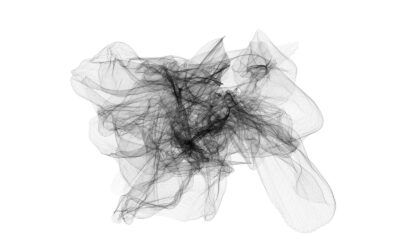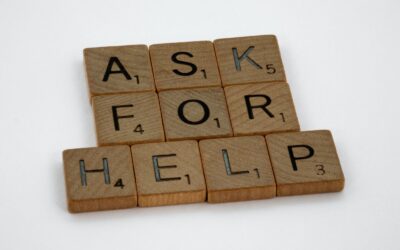If you’re struggling with depression, you understand how challenging it can be to live life to its maximum capacity while trying to manage symptoms. For those who have tried several types of treatments with little to no success, it’s even more frustrating to contend with persistent symptoms. Fortunately, new treatment options are on the rise, including medical ketamine and psilocybin. Interested in learning more about these unconventional but promising types of treatment for depression? Here, we share more about psilocybin and ketamine, including the key differences between these two substances:
What You Need to Know About Psilocybin
Psilocybin (known colloquially as “magic mushrooms”) is a serotonergic psychedelic. Although this substance has been in use for thousands of years, its use in medical settings is relatively recent. According to a new study, fMRI brain scans showed that psilocybin treatments in conjunction with psychotherapy alter the brain’s “landscape,” allowing for improvement in thought patterns. Psilocybin is thought to positively impact 5-HT2A receptors within the brain, which are abundant in individuals with depression.
The emerging research on psilocybin is exciting because the findings suggest that this drug works differently than conventional antidepressants to make the brain more “fluid” and less susceptible to negative thought patterns.
Psilocybin vs. Ketamine
Like psilocybin, ketamine is considered alternative or complementary therapy for conditions such as treatment-resistant depression. However, ketamine is FDA-approved and has been used in medical settings for decades. Ketamine is known for its psychedelic effects and its ability to cause dissociation, which can aid patients in their journey in healing from trauma. This drug has also been the subject of new and promising research, showing a link between ketamine infusions and reduction of inflammation.
If you’re tired of experiencing depression and are ready to discover new treatment options, it may be time to speak with your medical team about possibilities such as ketamine or psilocybin. Ketamine is currently more accessible and accepted, as this drug has been safely used for a variety of applications for many years. Ketamine infusion therapy may help alleviate symptoms of many conditions, from treatment-resistant depression to PTSD, chronic pain, and more. Our clinic was founded by doctors who have a strong background in internal and emergency medicine. We’d love to help you achieve a more peaceful and balanced life, so please contact us to learn more about medical ketamine. We’ll discuss your history and current symptoms to determine if you’re a candidate for infusions. From there, we’ll create a plan to identify the ideal dosage and frequency to get results.



